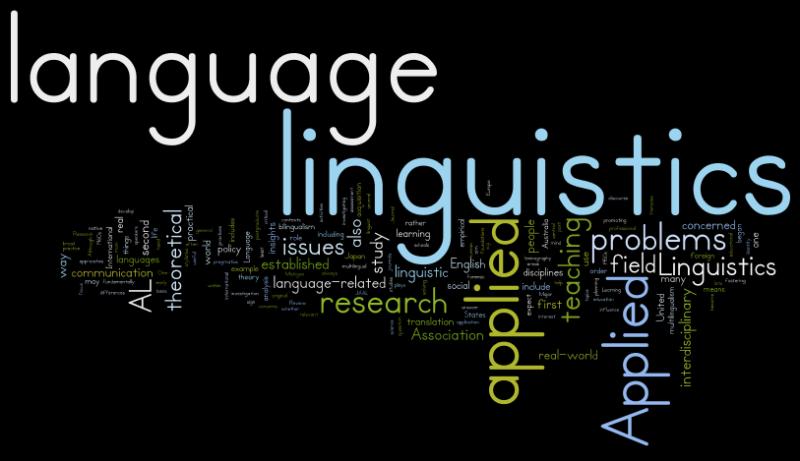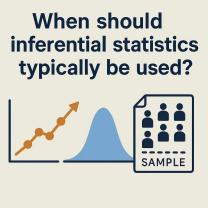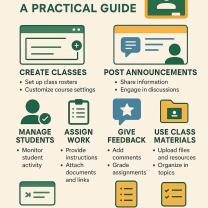What can you do with a major in linguistics?
A major in linguistics can open the door to a variety of career opportunities, as it equips you with valuable skills related to language, communication, and analytical thinking. Here are some career paths and opportunities you can pursue with a degree in linguistics:
Language Teaching and Education:
- Teach English as a second language (ESL) or a foreign language.
- Work as a language tutor or instructor.
- Become a curriculum developer or educational consultant.
Translation and Interpretation:
- Work as a translator, converting written materials from one language to another.
- Be an interpreter, providing real-time language translation in settings like conferences or legal proceedings.
Applied Linguistics:
- Engage in research and development of language technology, speech recognition, or natural language processing.
- Work as a computational linguist, using linguistic knowledge to develop software and artificial intelligence systems.
Communication and Media:
- Pursue a career in journalism, writing, editing, or copywriting.
- Work in public relations, advertising, or marketing, where language and communication skills are essential.
Publishing and Editing:
- Become an editor or proofreader for books, magazines, or online content.
- Work in the publishing industry as a content manager or literary agent.
Forensic Linguistics:
- Analyze language in legal cases, such as analyzing ransom notes, threat letters, or providing expert testimony in court.
Corporate and Government Communication:
- Work in corporate communication, focusing on internal or external communication strategies.
- Join government agencies in roles related to international relations, diplomacy, or language analysis.
International Business:
- Use your language skills in international trade, import/export, or as a cross-cultural consultant.
- Work in customer service or sales roles, particularly in industries with a global presence.
Research and Academia:
- Pursue graduate studies and a career in academia as a linguistics professor or researcher.
- Conduct linguistic research in various fields, such as sociolinguistics, psycholinguistics, or historical linguistics.
Nonprofit and Language Advocacy:
- Work for organizations that promote language preservation, literacy, or cultural understanding.
- Engage in community development programs involving language education and revitalization.
Healthcare and Speech Therapy:
- Explore careers in speech therapy, audiology, or speech-language pathology, working with individuals who have communication disorders.
Consulting and Freelancing:
- Offer your expertise as a language consultant or freelance writer/editor/translator, providing services to clients on a contract basis.
Linguistics graduates possess strong analytical, problem-solving, and critical thinking skills, making them adaptable to various professional fields. The specific career path you choose can depend on your interests, additional training, and the demand for linguistic skills in your chosen industry. It's a versatile degree that can lead to fulfilling and diverse career opportunities.
Career Paths with a Major in Linguistics: Exploring Your Options
A degree in linguistics opens doors to a wide range of career paths, offering a foundation in language and communication that is applicable in various fields. Here's a glimpse into the diverse career opportunities that await linguistics graduates:
Language-Related Careers:
Translator and Interpreter: Bridge the gap between languages by translating written texts and interpreting spoken communication in real-time.
Speech-Language Pathologist: Assess, diagnose, and treat speech, language, and communication disorders in individuals of all ages.
English as a Second Language (ESL) Teacher: Instruct non-native speakers in the English language, helping them improve their communication skills.
Lexicographer: Research, compile, and edit information for dictionaries, encyclopedias, and other language resources.
Technical Writer: Create clear and concise documentation for technical products, software, or processes.
Communication and Information-Focused Careers:
Public Relations Specialist: Craft and manage public relations campaigns to shape an organization's image and communicate effectively with stakeholders.
Journalist and Writer: Research, write, and edit news articles, feature stories, and other forms of written content for various media outlets.
Information Architect: Design and structure websites, intranets, and other information systems to enhance user experience and accessibility.
User Experience (UX) Designer: Research, analyze, and design user interfaces and interactions to create a seamless and enjoyable user experience.
Social Media Specialist: Develop and manage social media strategies, create engaging content, and interact with followers to promote brand awareness and engagement.
Linguistics-Applied Fields:
Computational Linguistics: Develop and apply computational methods to analyze and process natural language, such as machine translation and speech recognition.
Forensic Linguistics: Apply linguistic expertise to analyze linguistic evidence in legal cases, such as authorship identification and language profiling.
Linguistic Anthropology: Study the relationship between language and culture, exploring how language shapes and reflects social and cultural norms.
Educational Linguistics: Research and apply linguistic principles to improve language teaching methods and enhance language acquisition.
Psycholinguistics: Investigate the relationship between language and the human mind, studying how language is processed, acquired, and used in various contexts.
This list represents just a fraction of the diverse career paths available to linguistics graduates. With their strong analytical skills, communication expertise, and understanding of human language, linguistics majors are well-equipped to thrive in a variety of fields and make a meaningful impact in the world.











